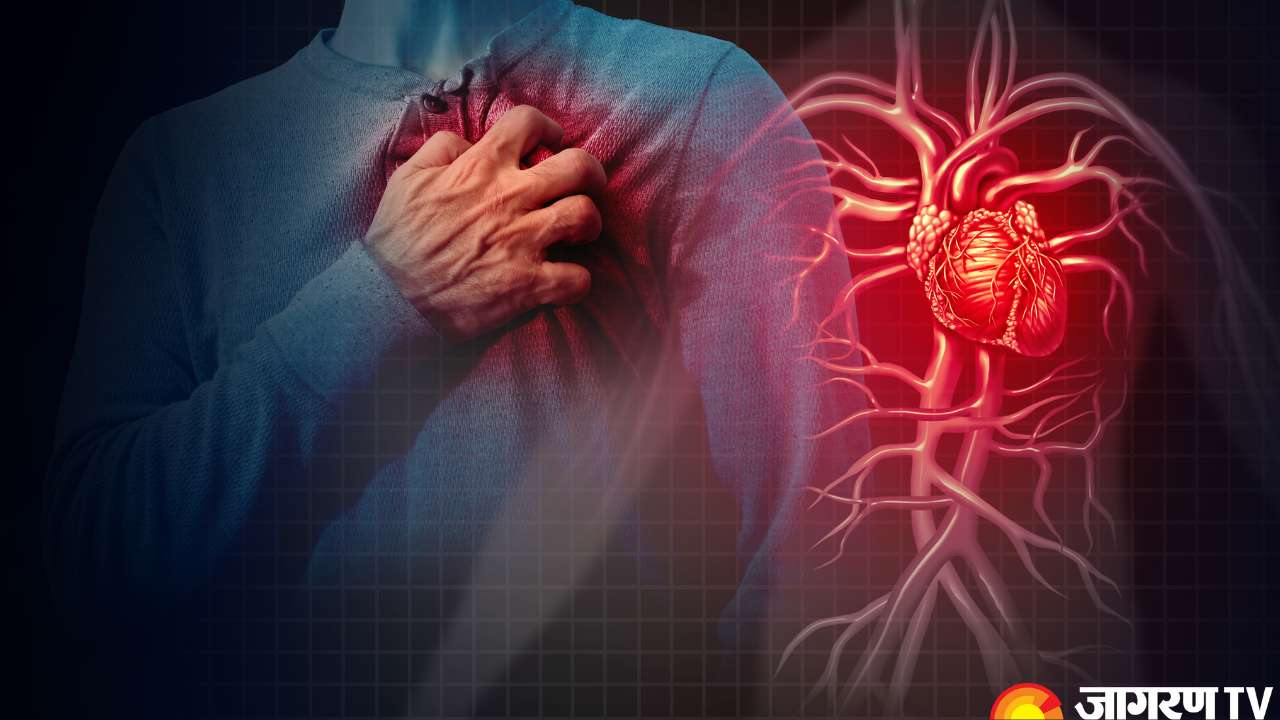Is Sudden Cardiac Arrest More Dangerous Than Heart Attack? Know Major Differences, Treatments, And More

Heart Attack Vs Cardiac Arrest: Heart-related diseases are more common these days, and can be considered a major reason behind most deaths occurring around the world, from celebrities to common people. Recently, actor Rituraj Singh suffered from sudden cardiac arrest and passed away at the age of 59. Talking about heart problems, many of us often get puzzled about sudden cardiac arrest and heart attack, some even think they are similar. However, sudden cardiac arrest (SCA) and heart attacks are two separate but closely related conditions, each with its own set of causes, symptoms, and treatment options. A heart attack is a “circulation” problem, whereas sudden cardiac arrest is an “electrical” problem.
Let us know more about these two conditions.
Sudden Cardiac Arrest (SCA)
Sudden cardiac arrest occurs when the heart’s electrical system fails, causing it to stop beating effectively abruptly. This abrupt cessation of heart function causes an immediate loss of consciousness and breathing. SCA is usually fatal if not treated right away, with survival rates dropping by about 10% for every minute that passes without immediate medical attention.
Heart Attack
A heart attack, on the other hand, is caused by a blockage in one or more of the coronary arteries, which supply the heart muscle with oxygen-rich blood. This blockage deprives a portion of the heart muscle of oxygen, potentially causing tissue damage or death if blood flow is not quickly restored. Symptoms of a heart attack may include chest pain or discomfort, shortness of breath, nausea, and dizziness.
Difference and Similarities
While both sudden cardiac arrest and heart attack involve the heart, they have very different underlying mechanisms and symptoms. A heart attack frequently results in sudden cardiac arrest, as untreated heart attacks can cause lethal arrhythmias that cause the heart to stop beating.
Sudden cardiac arrest can happen after a heart attack or during recovery. While sudden cardiac arrest is not always the result of a heart attack, heart attacks are frequently the cause of it. Sudden cardiac arrest can also result from other heart conditions that interfere with the heart’s natural rhythm. These include arrhythmias, especially ventricular fibrillation, heart failure, thickening of the heart muscle (cardiomyopathy), and prolonged Q-T syndrome.
Treatment
Prompt intervention is critical for improving outcomes in cases of sudden cardiac arrest and heart attacks.
Recognising Symptoms
Recognizing the warning signs of a heart attack, such as chest pain, shortness of breath, and nausea, allows people to seek medical help right away.
Emergency Response
Immediately contact emergency services for assistance after noticing symptoms. Emergency medical personnel can perform life-saving interventions while en route to the hospital.
Cardiopulmonary Resuscitation (CPR)
In cases of sudden cardiac arrest, CPR can help keep blood flowing to vital organs until medical assistance arrives. CPR consists of chest compressions and, if trained, rescue breathing.
Defibrillation
An automated external defibrillator (AED) is essential for restoring normal heart rhythm in cases of sudden cardiac arrest. AEDs deliver an electric shock to the heart, correcting potentially fatal arrhythmias.
Medical Treatment
Healthcare providers in hospitals may administer medications, perform procedures such as coronary angioplasty or stent placement to treat heart attacks, or implant devices such as pacemakers or implantable cardioverter-defibrillators (ICDs) to prevent future cardiac problems.
Related videos
-
Neurological Health: Can Your Headache Lead to Brain Tumour? Know Early Signs and Symptoms ...
-
Mental Health: Is Bedwetting a Sign That Your Child is Suffering From Mental Health Issues? ...
-
Sudden Cardiac Arrest: Know Why SCA Happens, Symptoms, Prevention, and More ...
-
List of World Leaders who gave Sudden Resignations: Jacinda Ardern to Gotabaya Rajapaksa ...









